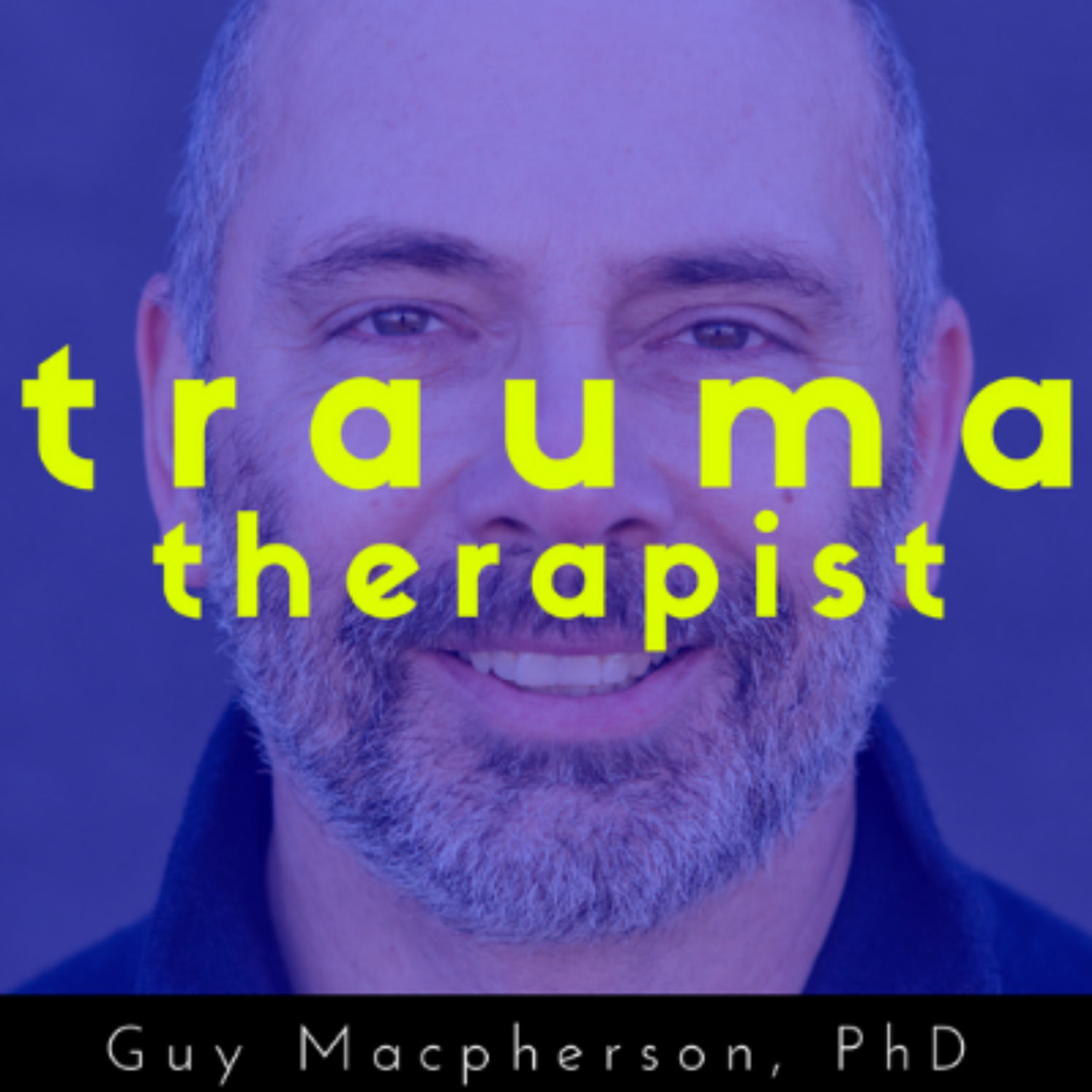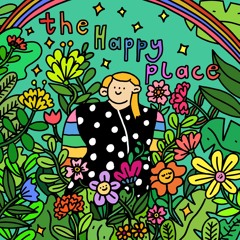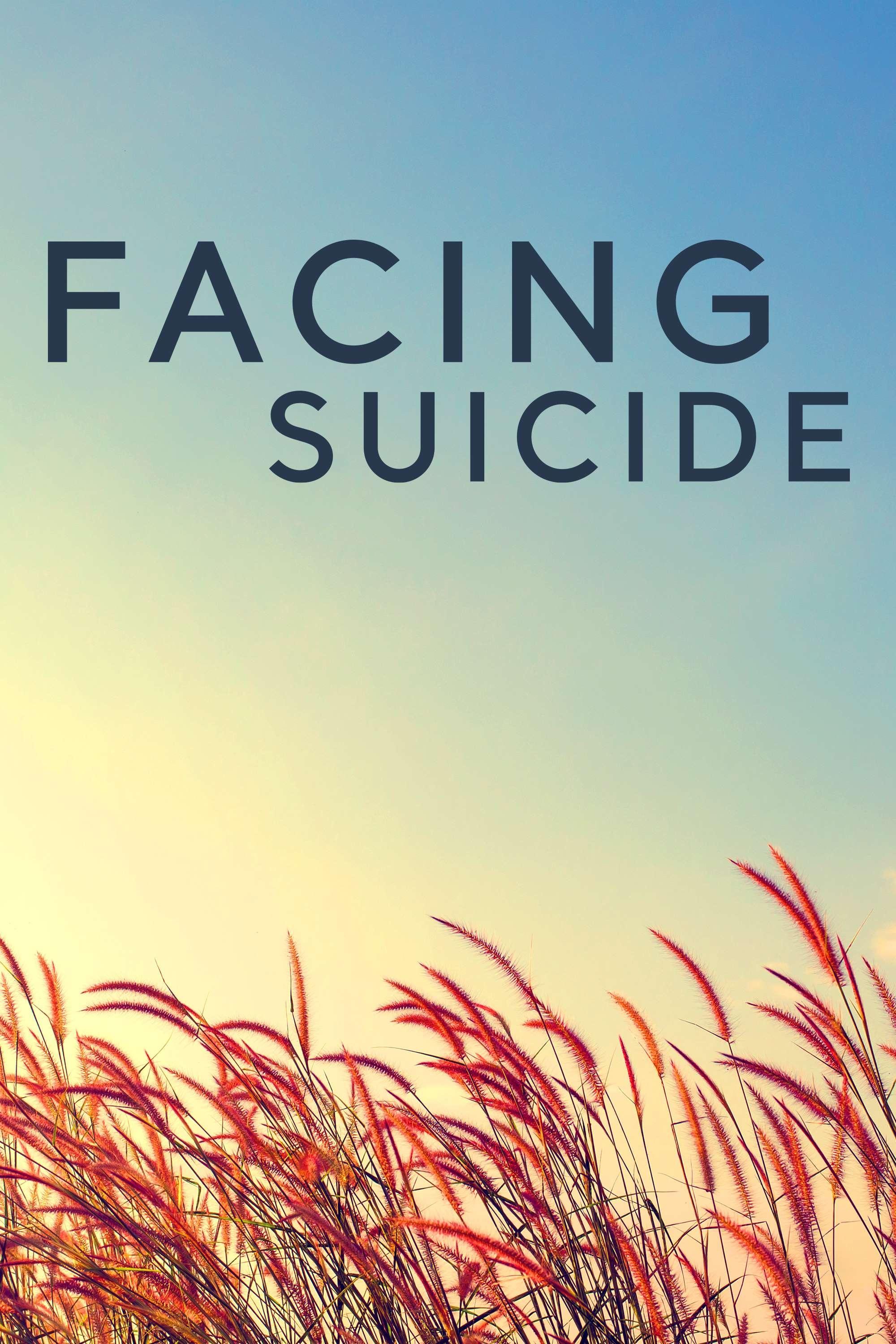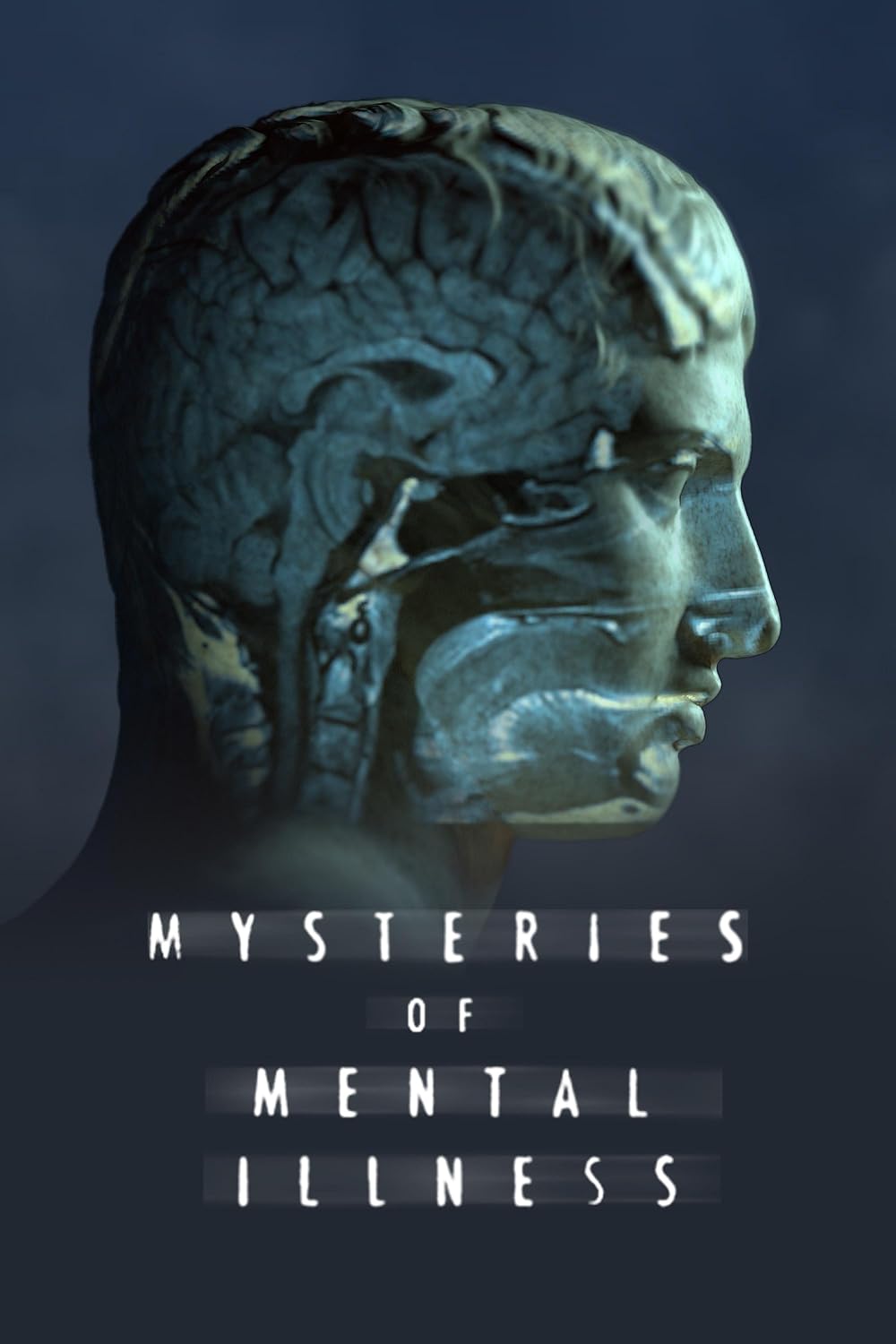Mental Health
Introduction
According to the CDC, “mental health includes our emotional, psychological, and social wellbeing. It affects how we think, feel, and act. It also helps determine how we handle stress, relate to others, and make healthy choices.” Taking care of one’s mental health is important throughout one’s life, and mental health needs and considerations might change over time depending on coping abilities, demands, and resources available in a person’s life.
This guide hopes to offer a starting point for learning more about mental health and wellbeing. The resources provided include local groups and national organizations, as well as media that address mental wellness topics.
Indiana University Libraries have also created related guides with additional resources. These guides can be found below:
- Housing Insecurity
- Food Insecurity
- Mental Health & Wellbeing Awareness and DVD Resources
- Mental Health & Wellness Books Recommended by CAPS
There are resources available for immediate help. Below are some mental health crisis helplines:
- Suicide and Crisis Lifeline (text, call, or chat): 988, or text HOME to the Crisis Text Line at 741-741
- The Trevor Project (LGBTQ+) Helpline (call): 1-866-488-7386, or text START to 678-678
- Substance Abuse and Mental Health Services Administration Helpline (call): 1-800-662-HELP (4357)
- National Association of Anorexia Nervosa and Associated Disorders Helpline (call): 1-888-375-7767
- Love is Respect (relationship violence) Helpline (call): 1-866-331-9474, or text LOVEIS to 22522
For a brief introduction to what mental health is, please watch the video below:
What is mental health? (NYU School of Global Public Health)
Organizations & Resources
-
IU Counseling Center (CAPS)Stressing out over your studies? Just need someone to talk to? Our trained, professional staff will give you the confidential support you need. It doesn’t matter whether you’re having a serious mental health crisis or you just want to discuss a problem with someone—we’re here for you. And we know that mental health treatment isn’t one-size-fits-all. We’ll customize your care to your situation.
-
IU Psychology and Brain Sciences ClinicThe CBT Research and Training Clinic is committed to providing the best low-cost mental health care services available to adults living in the Bloomington area, including faculty, staff, and students at Indiana University. To accomplish this goal, we use empirically supported assessments and interventions, which are practices and strategies that are supported by research-based medical and scientific evidence. All of our services are informed by scientific research.
-
Allow Mental HealthAllow Mental Health’s main goal is to raise awareness for the common mental illnesses. We strive to raise awareness on IU's campus so that more people are aware about what mental illness really entails. Together, we can end the stigma.
-
We are SAATHWE ARE SAATH at IU is dedicated to increasing access to mental health resources for the South Asian community through activism, education, and storytelling. Everyday, we hear stories of the stigma around mental health in the South Asian community, and the members of our community pay the price. South Asian Americans have some of the lowest rates of utilizing mental health services, according to the Asian and Pacific Islander American Health Forum. The more we mobilize around mental health, the more we educate our community, and the more voices we amplify, the more lives we can save.
-
Balance at KelleyBalance at Kelley is an organization dedicated to reducing the stigma surrounding mental health through raising awareness, supplementing education, providing campus-wide resources, and simply starting the conversation. We hope to shed light on the presence of depression, anxiety, stress, and other mental health conditions within the Kelley School of Business through events, social media, and collaboration with other organizations on campus. Our members will have the opportunity to engage with other students in a stigma-free environment where mental health can be openly discussed and free from judgement.
-
You See MeA motivational group the empowers and embraces women of color. We want to cover pressing issues that women of color face in today's society. We also want to bring mental health awareness. We want all women to feel safe to express themselves in our org!
-
Culture of CareCulture of Care is a campus wide, student-led and staff-supported initiative focused on creating a campus culture in which members of the Indiana University Bloomington community demonstrate “care” for one another. Through bystander intervention, the Culture of Care initiative empowers students to support their peers. The Culture of Care initiative promotes helping one another, behavioral change, and raising awareness in four core areas: sexual well-being, mental health, alcohol & drug awareness, and respect.
-
NAMI-IU Campus ClubNAMI recognizes that the key concepts of recovery, resiliency and support are essential to improving the wellness and quality of life of all persons affected by mental illness. Mental illnesses should not be an obstacle to a full and meaningful life for persons who live with them. NAMI will advocate at all levels to ensure that all persons affected by mental illness receive the services they need and deserve, in a timely fashion. NAMI-IU Campus Club will strive to: provide or enhance support and counseling services on campus; educate students, faculty, administrators, and other members of the campus community about mental illness; serve as an information and resource collection and dissemination center; advocate administrators to improve mental health care services on campus and promote education about mental illness among students; and solicit and receive funds in support of all of the above.
-
U Bring Change to MindU Bring Change to Mind’s goal at Indiana University is to eliminate the stigma associated with mental illness by focusing on fun awareness and inclusion activities for students. This organization works in tandem with the national organization, Bring Change to Mind, and its College Toolbox Project, an intervention and assessment research project whose goal is to develop a systematic, scientifically-tested program to be distributed to colleges and universities throughout the country. By emphasizing “connectedness” and social support, we can change attitudes, lower levels of stigma, eliminate barriers to mental healthcare, and improve lives.
-
MCPL Teen Wellness ResourcesResource guide created by the Monroe County Public Library for youth in crisis.
-
Indiana 2-1-1For Hoosiers in need of help accessing local resources in Monroe County, Indiana 2-1-1 has a team of Community Navigators available to provide expert referrals to services in our community. 2-1-1 Community Navigators are available 24 hours a day, seven days a week to assist residents seeking a variety of resources such as food and clothing, mental health and addiction services, healthcare, housing and utility assistance, education and employment, parenting support, tax assistance, and more.
-
Centerstone Community Mental Health CenterCenterstone is the nation’s largest not-for-profit provider of community-based behavioral healthcare, offering a full range of mental health services, substance abuse treatment, and educational services in Indiana and Tennessee. Centerstone’s services go beyond diagnosis and treatment, and include helping individuals rebound from adversity, build on their strengths and achieve their life goals. The organization seeks to identify new treatments and even eliminate mental illness by participating in groundbreaking research studies with leading universities across the nation.
-
Center for Human Growth Counseling ClinicThe Center for Human Growth Counseling Clinic provides support for mild to moderate mental health issues. Our caring staff and graduate students training to be counselors are here to listen and support you. As a client, you’ll receive support from our student counselors, supervised by a licensed faculty member. Multilingual services are also available in English, Mandarin and Spanish.
-
The Jed Foundation Mental Health Resource CenterJED’s Mental Health Resource Center helps you manage your emotional health, cope with challenges, and support the people in your life.
-
The Trevor Project Resource CenterResource center for The Trevor Project. The Trevor Project's mission is to end suicide among LGBTQ young people.
-
NAMI Mental Health EducationThe National Alliance on Mental Health provides advocacy, education, support and public awareness so that all individuals and families affected by mental illness can build better lives. Across the country, thousands of trained NAMI volunteers bring peer-led programs to a wide variety of community settings, from churches to schools to NAMI Affiliates. With the unique understanding of people with lived experience, these programs and support groups provide outstanding free education, skills training and support.
-
Mental Health First Aid ResourcesMental Health First Aid is a skills-based training course that teaches participants about mental health and substance-use issues. If you or someone you know is experiencing a mental health or substance use problem, there are several resources available to find out more information or get connected with help. Check out some of our mental health resources.
-
Mental Health AmericaMental Health America (MHA)'s work is driven by its commitment to promote mental health as a critical part of overall wellness, including prevention services for all; early identification and intervention for those at risk; integrated care, services, and supports for those who need them; with recovery as the goal.
-
American Foundation for Suicide PreventionThe American Foundation for Suicide Prevention (AFSP) is a voluntary health organization that gives those affected by suicide a nationwide community empowered by research, education and advocacy to take action against this leading cause of death. AFSP is dedicated to saving lives and bringing hope to those affected by suicide, including those who have experienced a loss.
-
Suicide Prevention Resource CenterSPRC advances suicide prevention infrastructure and capacity building through: consultation, training, and resources to enhance suicide prevention efforts in states, Native settings, colleges and universities, health systems and other settings, and organizations that serve populations at risk for suicide; staffing, administrative, and logistical support to the Secretariat of the National Action Alliance for Suicide Prevention (Action Alliance), the public-private partnership dedicated to advancing the National Strategy for Suicide Prevention; and support for Zero Suicide, an initiative based on the foundational belief that suicide deaths for individuals under care within health and behavioral health systems are preventable. The initiative provides information, resources, and tools for safer suicide care.
-
National Eating Disorders Association (NEDA) Learning CenterNEDA supports individuals and families affected by eating disorders, and serves as a catalyst for prevention, cures and access to quality care. Whether you have been personally affected by an eating disorder or care about someone who has, NEDA's programs and services are designed to help you find the help and support you need. Recovery is possible and we’re here to support you!
-
Substance Abuse and Mental Health Services Administration (SAMHSA)SAMHSA’s mission is to lead public health and service delivery efforts that promote mental health, prevent substance misuse, and provide treatments and supports to foster recovery while ensuring equitable access and better outcomes.
-
National Institute of Mental Health (NIMH)The mission of NIMH is to transform the understanding and treatment of mental illnesses through basic and clinical research, paving the way for prevention, recovery, and cure.
-
Brain and Behavior Research FoundationThe Brain & Behavior Research Foundation is committed to alleviating the suffering caused by mental illness by awarding grants that will lead to advances and breakthroughs in scientific research. Information regarding mental illnesses and disorders can be found on their research page.
-
National Council for Mental WellbeingWe are fighting for a stronger, better-funded, more integrated approach to mental health and substance use care by advocating for life-saving legislation, strengthening the substance use and mental health safety-net system, investing in provider capacity and increasing
mental health literacy.
Mental Health Media
-
The Happiness Lab
You might think you know what it takes to lead a happier life… more money, a better job, or Instagram-worthy vacations. You’re dead wrong. Yale professor Dr. Laurie Santos has studied the science of happiness and found that many of us do the exact opposite of what will truly make our lives better. Based on the psychology course she teaches at Yale -- the most popular class in the university’s 300-year history -- Laurie will take you through the latest scientific research and share some surprising and inspiring stories that will change the way you think about happiness. -
 The Trauma Therapist
The Trauma Therapist | Podcast is a podcast about the human spirit. Join Guy Macpherson, PhD at thetraumatherapistproject.com as he interviews thought-leaders in the fields of trauma, mindfulness, addiction and yoga and we learn about the journeys of these passionate mental health therapists who dedicate their lives to helping those who've been impacted by trauma.
The Trauma Therapist
The Trauma Therapist | Podcast is a podcast about the human spirit. Join Guy Macpherson, PhD at thetraumatherapistproject.com as he interviews thought-leaders in the fields of trauma, mindfulness, addiction and yoga and we learn about the journeys of these passionate mental health therapists who dedicate their lives to helping those who've been impacted by trauma. -
Therapy for Black Girls
The Therapy for Black Girls podcast is a weekly conversation with Dr. Joy Harden Bradford, a licensed psychologist in Atlanta, Georgia, about all things mental health, personal development, and all the small decisions we can make to become the best possible version of ourselves. -
Not Another Anxiety Show
A podcast for all: from the always anxious to the occasionally overwhelmed to the painfully panicked. Join your host Kelli Walker – registered nurse, Certified Health and Wellness Coach, and former agoraphobe – on an anxiety adventure. Learn what anxiety really is, why the best of us can get caught in its web, and how to move past its sticky grip. Casual conversations with Kelli and other experts will include more than reciting daily affirmations or following "five simple steps" to overcome anxiety. Instead, you'll get practical tips, resources, and guidance while gaining a down-to-earth and deeper understanding of what it means to be human – an easily overlooked part of truly moving past anxiety. No experience in deep breathing, chakra alignment, or pescetarianism required. Listen in for a good laugh and start feeling a little more human today. -
The OCD Stories
Welcome to The OCD Stories, hosted by Stuart Ralph. The podcast has been heard over 4million times globally. Check out your first episode from our existing hundreds of episodes featuring experts, and people experiencing symptoms just like you today. If you do, you may just feel understood, heard and possibly help you identify your next step in your own personal journey to healing. -
Unlocking Us
I’ve spent over 20 years studying the emotions and experiences that bring meaning and purpose to our lives, and if there’s one thing I’ve learned it’s this: We are hardwired for connection, and connecting requires courage, vulnerability, and conversation. I want this to be a podcast that’s real, unpolished, honest, and reflects both the magic and the messiness of what it means to be human. Episodes will include conversations with the people who are teaching me, challenging me, confusing me, or maybe even ticking me off a little. I'll also have direct conversations with you about what I’m learning from new research, and we'll do some episodes dedicated to answering your questions. We don’t have to do life alone. We were never meant to. -
Latinx Therapy
Break the stigma of mental health as it relates to the Latinx community. Learn self-help techniques, how to support ourselves or those around us that struggle with mental illnesses and create cultural competency for other providers working with the Latinx population. -
 Between Sessions
Two brown chicks changing the face of therapy on both sides of the couch.
Between Sessions
Two brown chicks changing the face of therapy on both sides of the couch. -
Celeste the Therapist
Celeste the Therapist is a weekly conversation with Celeste Viciere, a licensed mental health clinician, and a guest who is doing things to empower the lives of others. The goal is to help you shift the way you think. Many times, we get stuck in a negative cycle and struggle with getting out. Celeste wants to help people have hope and not give up on themselves and their future. Twice a month, Celeste and executive coach Jeff Grey answer your questions about relationships. -
Naming It
Naming It features Bay Area Psychologists, Dr. Bedford Palmer & Dr. LaMisha Hill, who explore the intersections of Social Justice, Psychology, & Blackness. They introduce aspects of counseling psychology that are not commonly thought of, and engage listeners in a conversation about pop-culture and current events in a way that delves deeper, and focuses on how it all impacts on our lives. The Mission of Naming It is to call out the elephant in the room, and to call in the voices of social justice that are normally muted. -
 MannMukti: Mental Health Podcast
MannMukti.org is a one-stop resource for South Asians to learn about and address mental health concerns with each other. MannMukti translates to “mental liberation" in Hindi. Our mission is to encourage healthy, open dialogue of mental health issues in an effort to remove stigma, improve awareness and promote self-care.
MannMukti: Mental Health Podcast
MannMukti.org is a one-stop resource for South Asians to learn about and address mental health concerns with each other. MannMukti translates to “mental liberation" in Hindi. Our mission is to encourage healthy, open dialogue of mental health issues in an effort to remove stigma, improve awareness and promote self-care. -
The Mindful Muslim Podcast
The Mindful Muslim is an Inspirited Minds podcast that hosts raw, open, and honest conversations on various topics within the sphere of mental health, psychology, Islam and spirituality. -
The Bodyful Black Girl Podcast
The Bodyful Black Girl™ Podcast is a bi-weekly conversation with Jennifer Sterling, a Registered Dance/Movement Psychotherapist and Holistic Nutritionist in New York City. She discusses all things body, movement, and mental health in a effort to support black women living with depression feel more vital, well, and whole. -
 The Happy Place
Welcome to The Happy Place, a podcast that will lift your spirits. Join your host Ben Pechey as they guide you through some of the tricky aspects of being human. By no means an expert, Ben uses their life experiences to bring you an uplifting series. This podcast will help you keep motivated, boost your mood, make day to day life a little less of a burden and help you to find your happy place.
The Happy Place
Welcome to The Happy Place, a podcast that will lift your spirits. Join your host Ben Pechey as they guide you through some of the tricky aspects of being human. By no means an expert, Ben uses their life experiences to bring you an uplifting series. This podcast will help you keep motivated, boost your mood, make day to day life a little less of a burden and help you to find your happy place. -
PsychCrunch
PsychCrunch is the podcast from the British Psychological Society's Research Digest. Each episode we explore whether the findings from psychological science can make a difference in real life. Just how should we live, according to psychology? We speak to psychologists about their research and whether they apply what they've discovered in their own lives. -
 Hidden Brain
Shankar Vedantam uses science and storytelling to reveal the unconscious patterns that drive human behavior, shape our choices and direct our relationships.
Hidden Brain
Shankar Vedantam uses science and storytelling to reveal the unconscious patterns that drive human behavior, shape our choices and direct our relationships. -
 Hope Starts with Us
On this podcast, Daniel H. Gillison Jr., CEO of NAMI (the National Alliance on Mental Illness), brings important mental health topics to light, one conversation at a time. Hope starts with us sharing our stories. Hope starts with us breaking the stigma. Hope starts with us sharing resources and practical advice. If you or a loved one is struggling with a mental health condition and are looking for hope, this podcast is for you.
Hope Starts with Us
On this podcast, Daniel H. Gillison Jr., CEO of NAMI (the National Alliance on Mental Illness), brings important mental health topics to light, one conversation at a time. Hope starts with us sharing our stories. Hope starts with us breaking the stigma. Hope starts with us sharing resources and practical advice. If you or a loved one is struggling with a mental health condition and are looking for hope, this podcast is for you.
-
 Decolonizing Mental Health
by
Decolonizing Mental Health dismantles the racism that underscores the mental healthcare industry. By focusing its gaze on the transformative work of therapists and individuals of color, it calls for a redressal of the ways in which we define psychiatric illness and health.
Decolonizing Mental Health
by
Decolonizing Mental Health dismantles the racism that underscores the mental healthcare industry. By focusing its gaze on the transformative work of therapists and individuals of color, it calls for a redressal of the ways in which we define psychiatric illness and health. -
 Facing Suicide
by
Facing Suicide combines the poignant personal stories of people impacted by suicide with profiles of scientists at the forefront of research to reveal new insights into one of America's most pressing mental health crises. Shining a light on this difficult topic can destigmatize suicide while revealing that there is help as well as hope for those at risk and their loved ones.
Facing Suicide
by
Facing Suicide combines the poignant personal stories of people impacted by suicide with profiles of scientists at the forefront of research to reveal new insights into one of America's most pressing mental health crises. Shining a light on this difficult topic can destigmatize suicide while revealing that there is help as well as hope for those at risk and their loved ones. -
 Mysteries of Mental Illness, Episode 2: Who's Normal?
by
Trace efforts to develop guidelines for diagnosing mental illness rooted in empirical science rather than dogma. Explore how science and societal factors are deeply entwined with shifting definitions of mental health and mental illness.
Mysteries of Mental Illness, Episode 2: Who's Normal?
by
Trace efforts to develop guidelines for diagnosing mental illness rooted in empirical science rather than dogma. Explore how science and societal factors are deeply entwined with shifting definitions of mental health and mental illness. -
 Mysteries of Mental Illness, Episode 4: New Frontiers
by
Explore today's most cutting-edge treatments, based on the latest understanding of mental illness, through profiles of patients undergoing deep brain stimulation surgery, infusions of ketamine and modern electro-convulsive therapy.
Mysteries of Mental Illness, Episode 4: New Frontiers
by
Explore today's most cutting-edge treatments, based on the latest understanding of mental illness, through profiles of patients undergoing deep brain stimulation surgery, infusions of ketamine and modern electro-convulsive therapy.
Resiliency
According to the American Psychological Association (APA), resiliency is defined as “the process and outcome of successfully adapting to difficult or challenging life experiences, especially through mental, emotional, and behavioral flexibility and adjustment to external and internal demands.” The APA acknowledges that there are different factors that contribute to how well a person manages adversity, such as the social resources that are accessible to them, among others. They also note that “psychological research demonstrates that the resources and skills associated with more positive adaptation (i.e., greater resilience) can be cultivated and practiced.”
Below are some resources on resiliency:
- Coping with Stress (Center for Disease Control)
- Wellness Collection Guide (University of Connecticut)
- Resiliency Guide (Lakeland Community College)